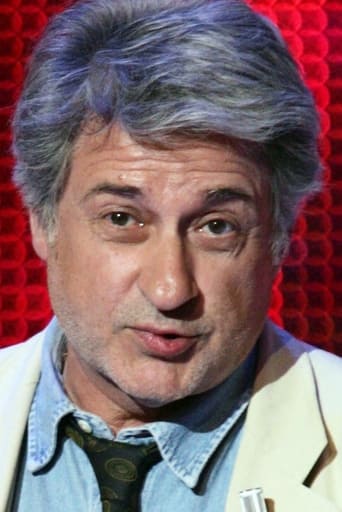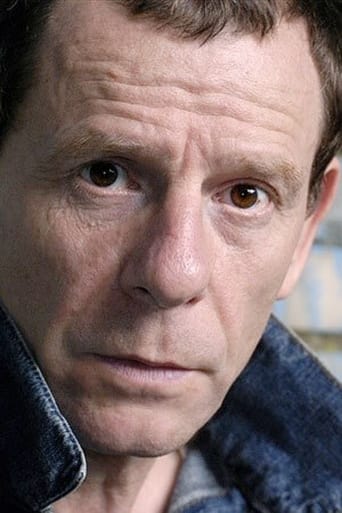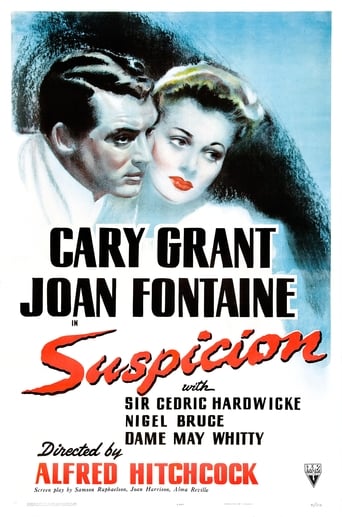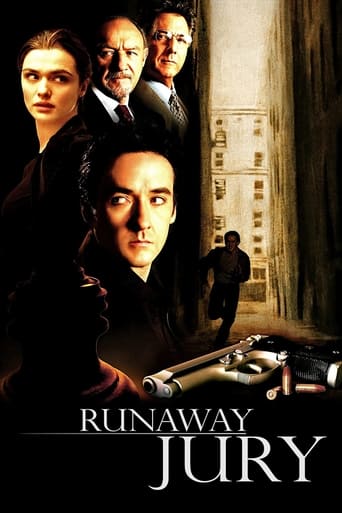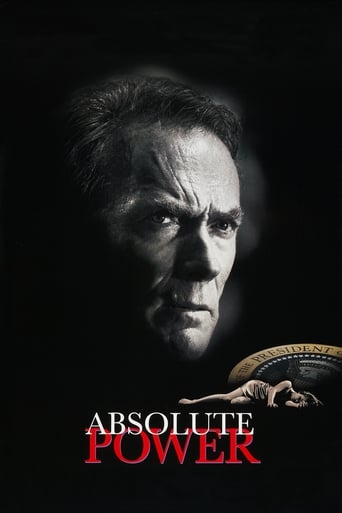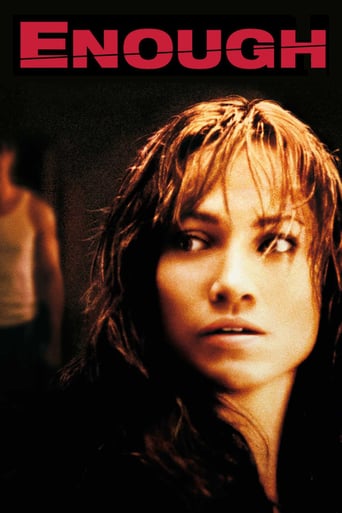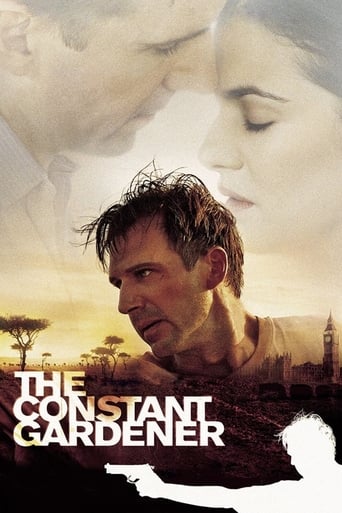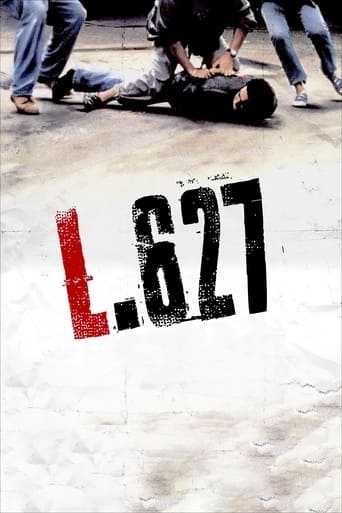
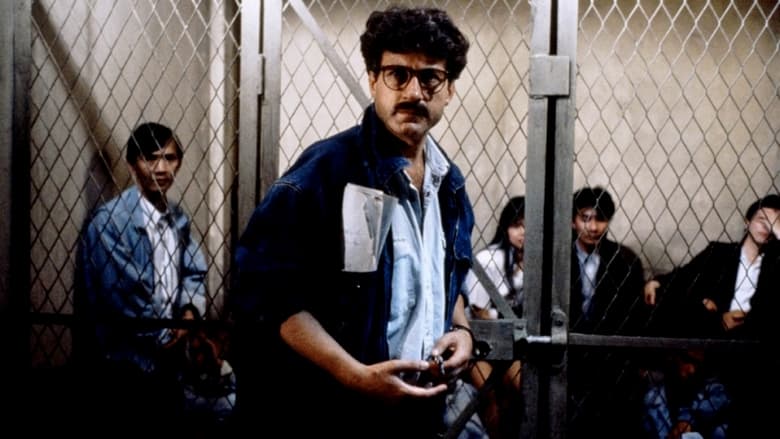
L.627 (1994)
In Paris, Lulu, a passionate policeman, works with the faith of a rookie, despite the sclerotic bureaucracy and the incompetence or negligence of some of his colleagues. In his new position as a narcotics inspector, he tries to keep his sanity as he witnesses the worst of the human condition.
Watch Trailer
Cast
Similar titles
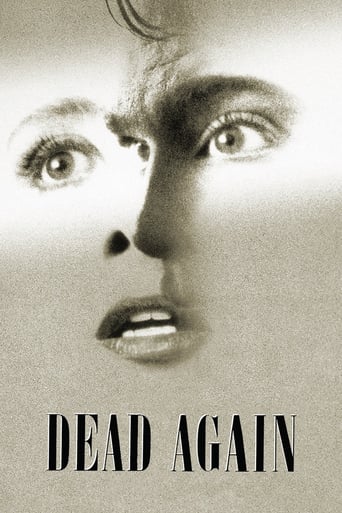
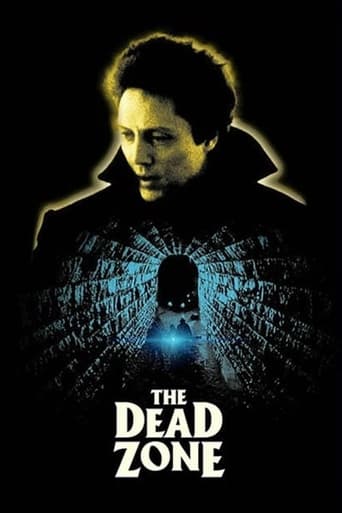

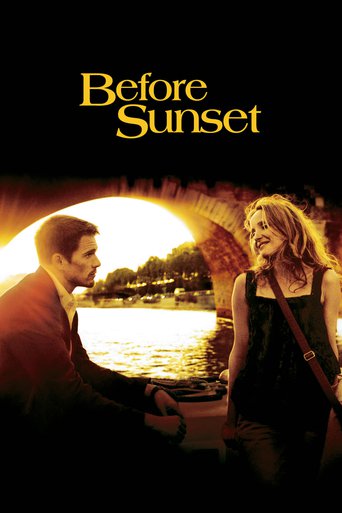
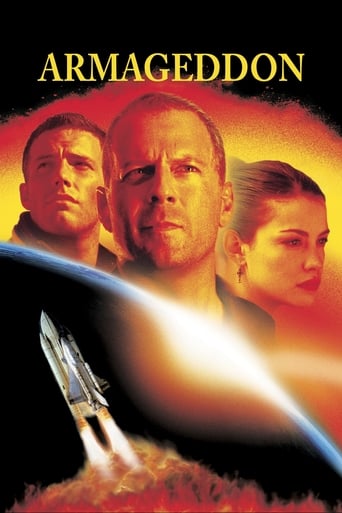
Reviews
Don't listen to the Hype. It's awful
This movie was so-so. It had it's moments, but wasn't the greatest.
A great movie, one of the best of this year. There was a bit of confusion at one point in the plot, but nothing serious.
One of the worst ways to make a cult movie is to set out to make a cult movie.
"L-627" touches on an issue explored several times in many films and TV series, which is the problems faced by police forces while dealing with the organized crime, yet it looks like something never seen before. While many of those films that dealt with the theme always feel the need to show some piece of the action (or just become it rather than make its denounce) this movie seems more concerned in just following the many pieces of a failed mechanism, the bureaucracy that doesn't allow those honest, hard workers and badly paid people to do their job with efficiency. It's a system so failed and broken that the only way for these law men act is to use of brutality, wrong doings and corruption as way to survive, stay alive or fulfill the law the "best" way they can.Miles away from being the usual thriller/action flick, "L-627" is a realistic closer look at the day-to-day of a police team and their methods to bring down an important drug dealer. Most of the time is occupied by arresting couriers, minor bandits acquaintance of those bigger ones, and lots and lots of paperwork, stakeouts and beating of suspects. The main character, Lulu, is an inspector (Didier Bezace) transfered to another team after a misunderstanding with his superior. Things were supposed to look worse than it was but no, it looks the same to him, slightly better. He still needs to deal with lazy and irresponsible co-workers, more concerned about playing pranks at each other or acting in the wrong time instead of following the rules. To make things more complicated he has to deal with personal matter such as his occasional lover, a prostitute with many problems of her own; and also deal with his ex-wife, lives already torn apart due to his commitment with his career in the force.Although there's some lack of a chief figure around their team, the pressure is present at all times. It is soaked in their bones and it follows them through the every operation, every missed chance. At a certain point, while improvising a stakeout inside of a school, you feel like supporting these characters in their arrest of a suspect even though the cops were rude and careless about what the headmaster is saying to them. It's the only way they can work, they don't have other ways. It's not by the book but in the end it was the right thing to do. And the saddest part is that most of their effort goes to waste when the judicial system sets free many of the people they detained, because of lack of proof, crooks who have money to pay for their bails, and things like that. Yet, the inspector needs to show results, chase, run, escape from bullets and eminent danger to make those arrests... This truly looks as a real movie about real police stations out there around the world. It's quite a shock that even in a great developed country like France you would see such a thing happening. It's a work of fiction but of course they were looking at real examples. I couldn't leave behind "Elit Squad" and its sequel. Those movies, made years later and based on biographical accounts that took place in Brazil, are very similar in its story treatment and criticism about the police system. The difference is that in "Squad" you have a certain detachment because it tries to be the generic and exaggerated action film, filled with stars, and very didactic with an overexposed voice-over from the main character (already a classic in here) while "L-627" is almost like a documentary with relatively unknown actors, and all centered in the few perks of the job - pay attention to the many humored moments they have as a group - and its countless disadvantages. Bertrand Tavernier got perfectly right with the casting, allowing the audience to be there with the characters rather than following a main star doing all the action. All the performances are terrific, but the highlight goes to Mr. Bezace, who plays this anti-hero/common man easy for us to relate with, even in his hardest moments, completely out of control. Yet he loves all that stress and the pressure that comes with all the obstacles present in its work. Tavernier's view on the problems faced by police corporations is relatively the same and present everywhere, that's why it's relevant (even now) to watch a movie like this. You get a wider understanding on why being in such line of work is ungrateful, and very tempting that good professionals may succumb to addictions, corruption, or abusing of their authority. I only object to a certain slowness from the plot, staggering really bad sometimes, and the fact of having two extremely similar guys acting on the same team. There's an actor, also playing a policeman, who looked exactly like Lulu and it was very confusing to set them apart from one another. Other than those rubbish complaints, "L-627" is a powerful movie with a great statement to make. 9/10
It's unfortunate that at first glance the leading character Lulu (Didier Bezace) looks like someone wearing a Groucho Marx mask in order to rob a bank but once you realize that that's how Bezace actually LOOKS you can settle down to enjoy what is essentially a lightly fictionalized documentary chronicling the uphill struggle of a Parisian narcotics squad who can do little more than shovel sand against the tide. Tavernier recently spoke about the backlash against this film on its release at a Masterclass he gave in London during which he said that the very police who had condemned him in public later came to him in private and told him they had been coerced by their superiors into attacking the film whilst actually in watching it they felt as if they had done two hours of overtime. That is, of course, a fine testimony but it doesn't necessarily mean that the non-professional viewer will echo it. As it happens it IS a very entertaining and involving movie that shows just how frustrating police work can be in a modern society. Lacking a real storyline it builds its effects by portraying the routine, form-filling, small triumphs, large disappointments. Another great film from a great filmmaker.
Tavernier's examination of the Paris police's losing battle against the drug-dealers was reportedly inspired by the experience of his son's addiction. It is an angry, despairing film. Early on the central character says that "all drug-dealers are terrorists" and later the police chief says that "my son is 13. He will have already met his first dealer".This is a documentary-style examination from the front-line, where the police are demoralised, under-resourced, corrupt and incompetent. The 'hero', Lulu, (an outstanding performance by Didier Bezace) is a maverick detective who gets transferred to desk duties when he is angered by his drunken boss demanding the return of the unit's van in the middle of a stakeout - so he can go home! After struggling with the police station's incompetent bureaucracy, Lulu is placed in a new anti-drugs unit, led by practical joker Dodo, concerned only with filling in forms and meeting the Ministry's statistical targets.The whole film rings true, right down to the tedious form-filling using old typewriters and stolen carbon-paper. There is no real plot, as the unit stumbles from disaster to disaster, but rather a series of incidents punctuated by much eating and drinking. As if to contrast with the chaos of the police unit, the film is shot calmly and lucidly by Tavernier. By the end of the film you have become involved with the characters and want to know more about their bleak futures. A wonderful film, and as good a portrait of policing (at its worst) as you will see.
The story is about policemen who work in a "commissariat" in Paris, France. They have to do their job everyday, running after little robbers or little drug dealers... The movie is very far from police stories we can see everyday in others movies, with great detectives, mafias... In fact, Bertrand Tavernier, with the help of an ancient policeman for the scenario, tries to catch policemen every day work, with their little problems with the hierarchy... I think this movie is the most "real" about police problems in France.
